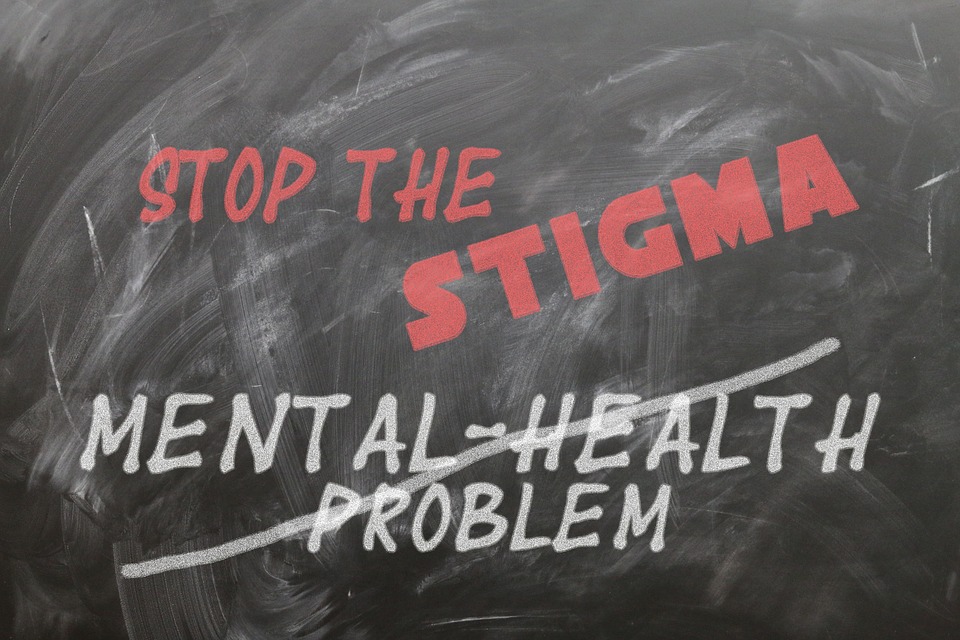You’re just a worrier.
You’re only sad.
You just don’t have an appetite.
They’re just harmless mood swings.
Right? Maybe not.
For too long people have been afraid of two little words: Mental Health. We don’t understand it and therefore, it is often ignored. A stigma has been attached so that sufferers regularly try shrug these feelings off. But maybe it isn’t just worrying, it’s anxiety. Maybe, it’s not just being sad, it’s depression. It could really be an eating disorder and it might not just be a mood swing, it could be bipolar disorder.
Firstly, do not fret, you are not going mad. If you have a mental illness you are NOT alone *big sigh of relief*. In fact, you are actually in the same boat as 25% of the population in the UK. Doesn’t seem quite so scary now does it?
Mental health issues are rife in our society, with our current generation being especially affected (typical, right!) But here’s the good news. It is being talked about more, and with increasing media coverage the stigma around this topic is slowly starting to fade. There is even a Mental Health Day which happens to be fast approaching, thus I have a few tips for anyone experiencing a more fragile relationship with their mental health.
Sort out your severity:
Many people will have days where they feel a bit down. This is just human nature so it is key you distinguish whether you are experiencing normal thoughts and feelings or heightened emotions which are leading to periods of anxiety and depression. If you do think you have a more serious illness, it is vital you work out how severe this is, which leads me onto my next point…
Help is at hand:
There are so many things you can do to ease anxiety, alleviate depression, tackle eating disorders or control bipolar; and remember that with these four examples I am only just touching on types of mental health issues here. Whether it’s downloading apps like headspace or taking more drastic action, whatever your specific demon is you can work out a coping mechanism and get professional help from a doctor.
Three is the magic number:
There are some very easy things which can enormously help such as exercising or sleeping and eating well. Yes, I know you’re probably thinking “well duh!” But it’s amazing how many people don’t do this and when all three are put into action, it can transform your mental wellbeing.
Talk the talk:
Another important one is to talk – and by this I mean actually TALK. I don’t mean sit on a laptop, locked away in your room and start up a conversation on Facebook. Making face-to-face social connections is so important, especially when you have a mental illness, as you can find yourself slowly starting to shut off from the outside world. Saying your thoughts out loud to a close friend, family, or even a therapist will be so liberating. Admitting your worries is the first step towards tackling them.
Bring out the BIG guns:
So you’ve tried listening to calming music, eating and sleeping well, and talking to people you trust but you’re still struggling? Again, do not worry. You know your own mind and if your mind is telling you that you need extra help then get it. There are many prescribed medications which can ease serious mental health issues, so, if your symptoms are worsening, talk to your doctor. If you had a physical problem, such as a broken arm, no one would think twice about taking pain killers.
Remember, your mind is just as fragile as your body, if not more!
Carys Reid-Davies

